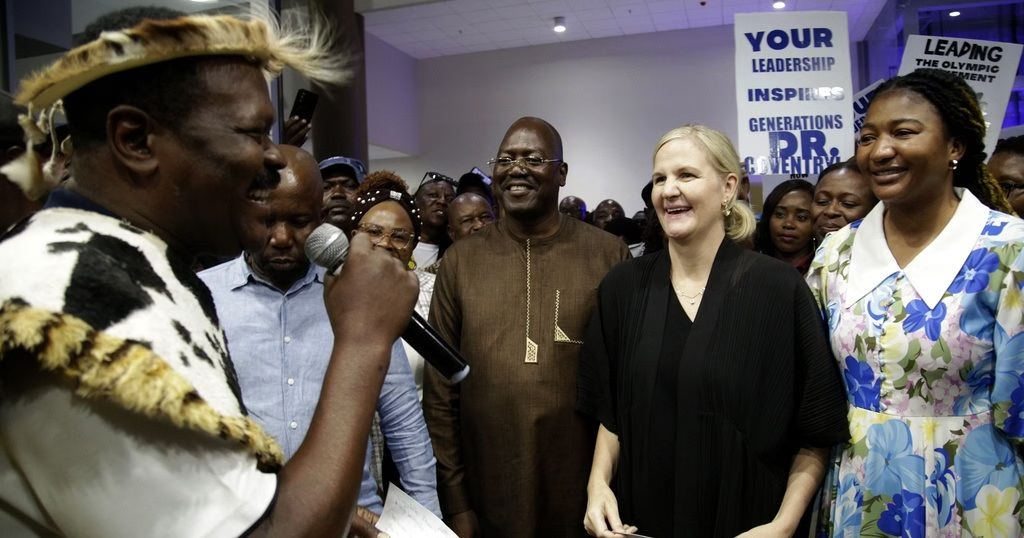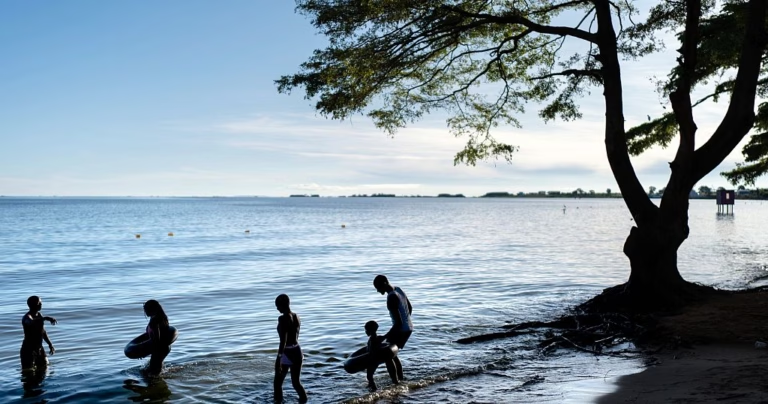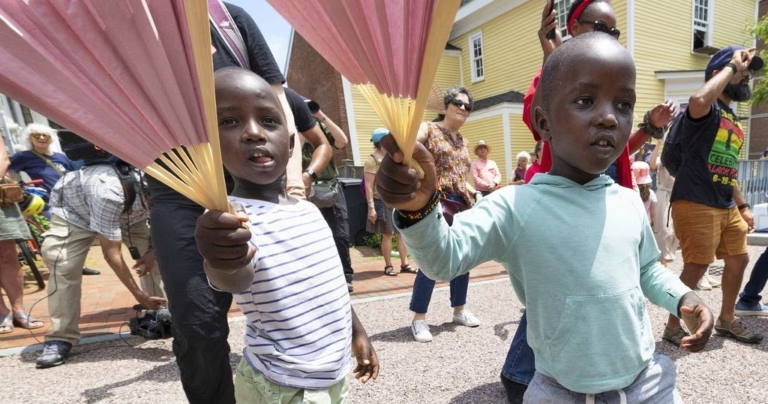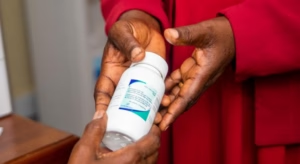
The 41-year-old Coventry, who is also Zimbabwe’s Minister for Sports, competed as the only female candidate in the IOC presidency race and became the first woman and first African to lead the global Olympic movement.
She secured victory over six other contenders, including the head of world track and field athletics, the head of international cycling, and a member of the Jordan royal family. Coventry stated in Zimbabwe, “It’s not just my success, it is our success. We broke down barriers.” As part of a traditional African folklore dance, dancers dressed in animal fur kilts and headwear stomped the ground to the sound of trumpets and drums to welcome Coventry back home in Harare. Female cricketers, young karatekas, and school-aged children also joined in the cheers. “This is not just a personal achievement, it will bring Zimbabwe onto the global stage,” said Women Affairs Minister Monica Mutsvangwa at the welcoming ceremony.
Coventry, a former Zimbabwe swimmer, was the back-to-back Olympic champion in the 200 meters backstroke at the 2004 and 2006 Games. After retiring from swimming following the 2016 Rio de Janeiro Olympics, where she earned seven Olympic medals and became the most decorated Olympian from Africa, she was widely viewed as a source of national pride and a unifying figure.
However, her decision to accept the role of sports minister in 2018 has been subject to scrutiny. The Zimbabwean government has faced criticism for its human rights record and accusations of suppressing political opposition. In 2020, Coventry was also accused of benefiting from political favours after accepting a government lease on a farm that had been seized during the country’s contentious land reforms two decades ago. Despite these criticisms, many of her detractors have appeared to welcome her election and posted congratulatory messages.
Coventry has announced her intention to resign from her role as a minister to take up residence in Lausanne, Switzerland, the Olympic capital. Her eight-year term leading the IOC is set to begin in June. Among the pressing issues she will face at the helm include athletes’ benefits, the future of Russia following its suspension due to the war in Ukraine, the question of gender eligibility, and how to manage relations with U.S. President Donald Trump, as Los Angeles prepares to host the Summer Olympics in 2028.







